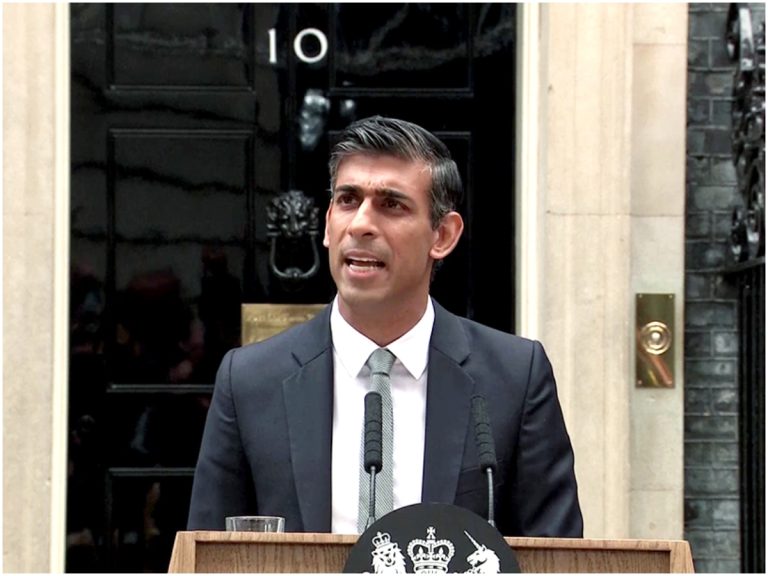Cambridge University halts funding from fossil giants amid fears of influence on research

UK’s Cambridge University said Monday (Mar 18) that it was halting funding from fossil fuel companies following a campaign from students and academics.
The decision also comes in the wake of a report by former UN climate change envoy Nigel Topping who last year recommended donations from such groups be abandoned.
The official moratorium by the university was adopted on Friday (Mar 15) with “regard to its commitment to address climate change through a transition to a zero-carbon world”.
The report by Topping revealed donations from fossil groups amounted to 5.1 per cent of overall research/philanthropy funding. “At an average of £3.3 million ($4.2 million) per year over the last six years, fossil fuel funding amounts to 0.4 per cent of research/philanthropy funding and 0.1 per cent of total university income,” the report said.
Cambridge’s net-zero ambitions
The university aims to achieve net-zero greenhouse gas emissions by 2038, and it is looking to divest from all direct and indirect investments in fossil fuels by 2030.
“The university has recognized the urgency of the climate emergency and taken action to demonstrate leadership,” the Topping report said.
UK: PM Rishi Sunak eyes to push through his flagship ‘Rwanda Plan’
This is the first time a UK university has abandoned funding from fossil groups.
Cambridge’s ties with energy companies
Earlier, major companies like Shell and BP had bolstered their ties with Cambridge, prompting fears that they could influence research on climate change and the impact of fossil fuels on the environment.
British oil and gas giants Shell and BP have jointly given at least £19.7mn ($25mn) to the university in philanthropic and research funding between 2016 and 2023, reported Financial Times.
WION Business Wrap | UK’s green industry collaboration, Meta sues former executive and more
Both corporations have allegedly funded research efforts at Cambridge focusing on technologies supporting cleaner energy. These initiatives include carbon capture and storage, a technology yet to be validated at scale. These efforts have even led some scientists to claim that they divert attention from the imperative of reducing emissions.
BP stated last year that it had refrained from engaging in contracts for oil and gas-related research at Cambridge for a minimum of five years. On the other hand, Shell highlighted that its investments in the university since 2021 have been directed towards initiatives supporting the energy transition.





